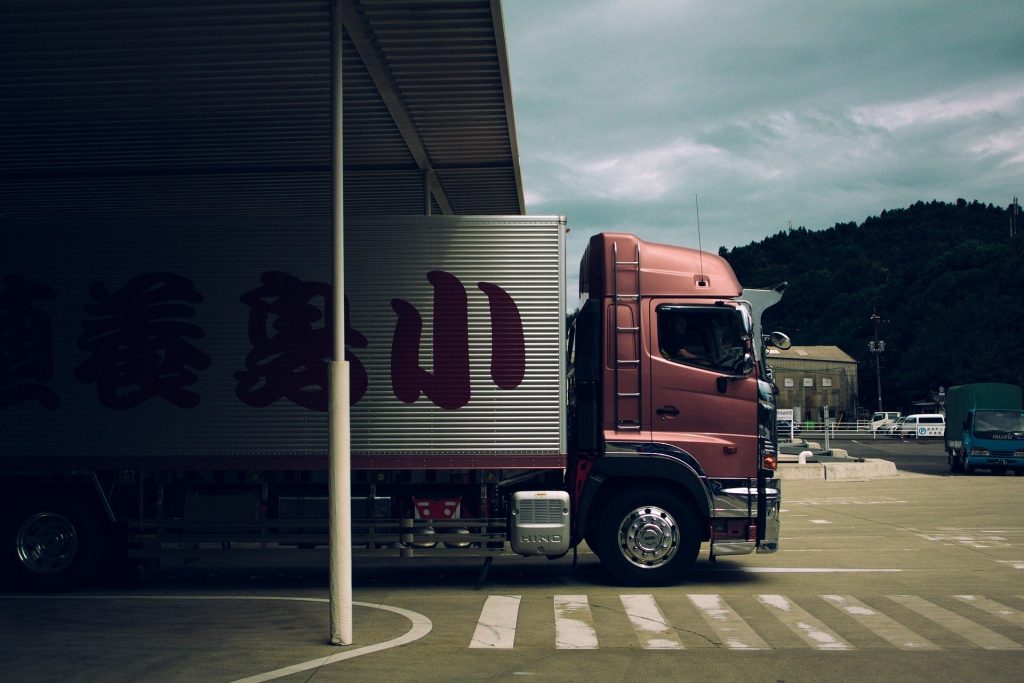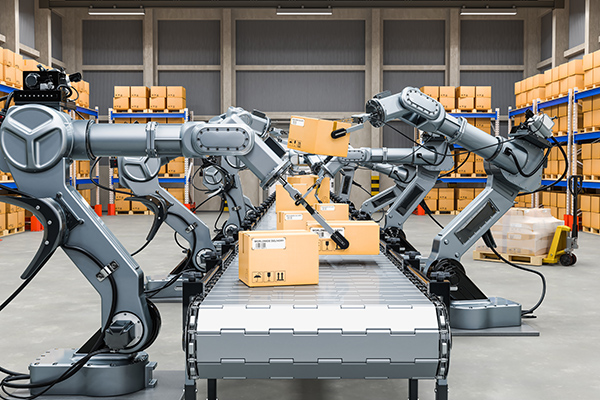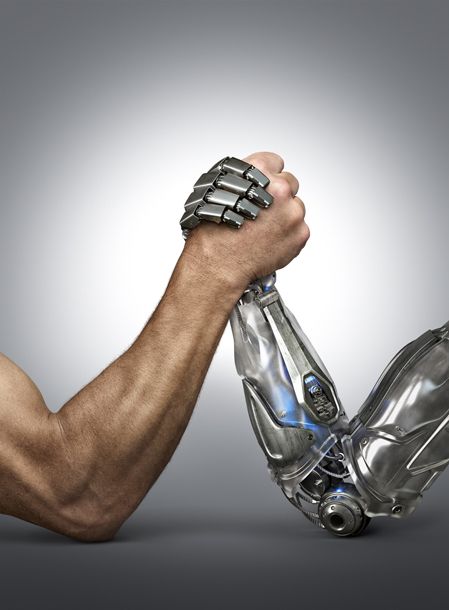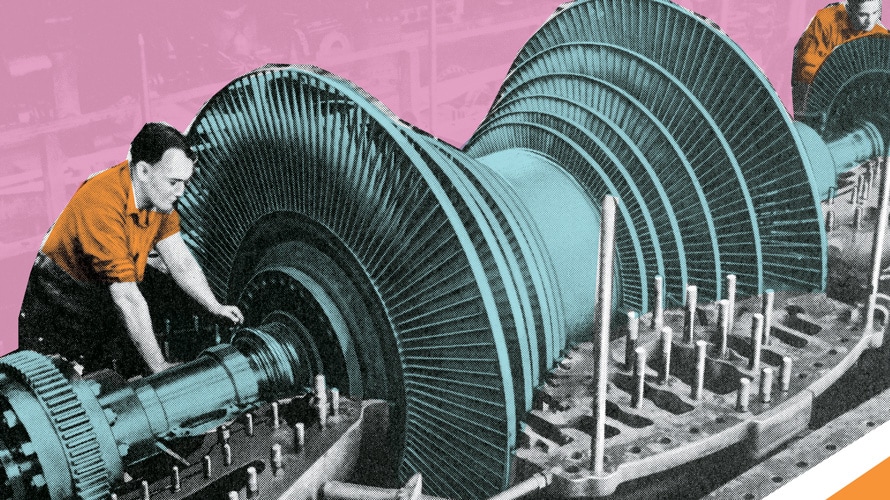The world is getting smaller because of technology. This also applies to the logistics industry. While goods still need to travel the same distance to reach the final destination, the ease and the time it takes can definitely be shaped by advancements in technology. Imagine a world where packages or products can reach the other side of the planet without even passing through human hands.
Challenges to the Logistics Industry
Logistics, especially international shipping, is time-consuming and brings with it a huge risk of damage to goods. Worse, products may also just disappear and leave no trace. All of these issues and others can now be addressed by current improvements.

§ Shifting Customer Desires
Demand changes every day, and many companies pay top dollar to anticipate this. It impacts how much of the goods they will order, and the more accurate they are, the less product and money gets wasted. Because this may change so quickly, by the time an audit is done, the numbers may have already changed.
- On Time Deliveries
There are too many factors that leave logistics companies vulnerable to late deliveries. The issue becomes worse when perishable items are to be transported, as something as simple as a union strike can cripple the whole network.
- Lack of Infrastructure and Low Capacity
As populations increase and demand grows, there is an increasing need for infrastructure that can process this higher volume. Although many logistics companies are now investing in bigger container ships, they tend to be less environmentally-friendly. Moreover, local transportation or distribution is also to be incorporated in this planning. In many less developed countries, the infrastructure to transport products may simply not yet exist.
- Security
This refers not only to the safety of products during transport but also in the warehouse and during delivery. Damaged goods will lead to lost sales or smaller profit margins.
Future Trends in the Logistics Industry

In order to address the following challenges above, it is necessary to use technology not just to address it, but to also automate the many steps. In doing so, not only are the issues resolved, but the process can be made simpler, quicker, and cheaper.
- The Rise of Autonomous Vehicles and Drones
From Google and Apple’s efforts in developing self-driving cars to Amazon’s plans of using drones in the delivery of orders, customers will be receiving their goods without interacting with a human being in the future. In fact, there are quite a number of companies rushing to be the first to offer this service that may change logistics forever.
- Robots Changing the Logistics Industry
This trend of using robots to do most of warehousing, unloading, loading, and even delivery will grow bigger in the near future. Amazon has, for example, purchased Kiva robots for use in their business. On the other hand, other systems reduce the physical workload for transporting items or even packing. Beyond that, more continue to be in development, with the goal of being used more widely in the logistics industry, so this is the time to see how much of the process can actually be automated.
- Bluetooth Connectivity In Tracking
In the future, it will be possible to easily track all of your trucks and deliveries due to GPS technology. In fact, it might be able to enable fully automated shipping systems, from accepting the orders, preparing them, and even on the way to the consumer. Shipping errors will be almost nonexistent.
- Tracking With The Use of Electronic Logging Devices
Because not everything can be transported by drones, there will still be a huge need for truck drivers who travel from state to state to deliver supplies. Electronic logging devices (ELD) will improve shipping time and accuracy, as well as make the streets safer by recording driving information.
If you are in this industry, there are many possibilities that may impact your business greatly once these technological trends become real. In fact, there are many limitations in the current process of shipping nowadays that there is so much room for growth and automation.



